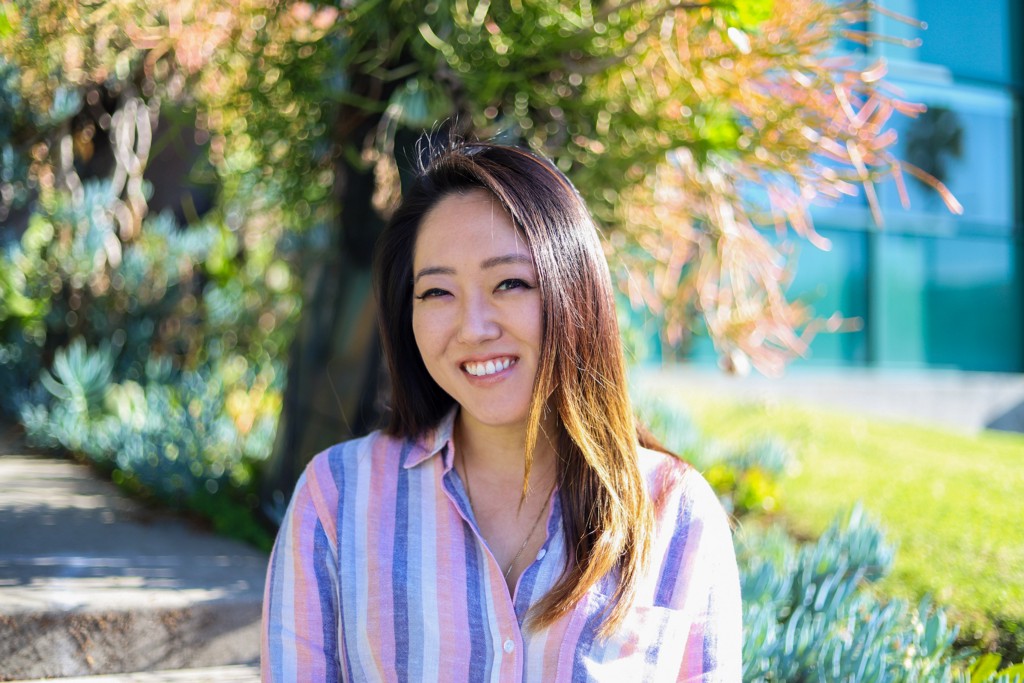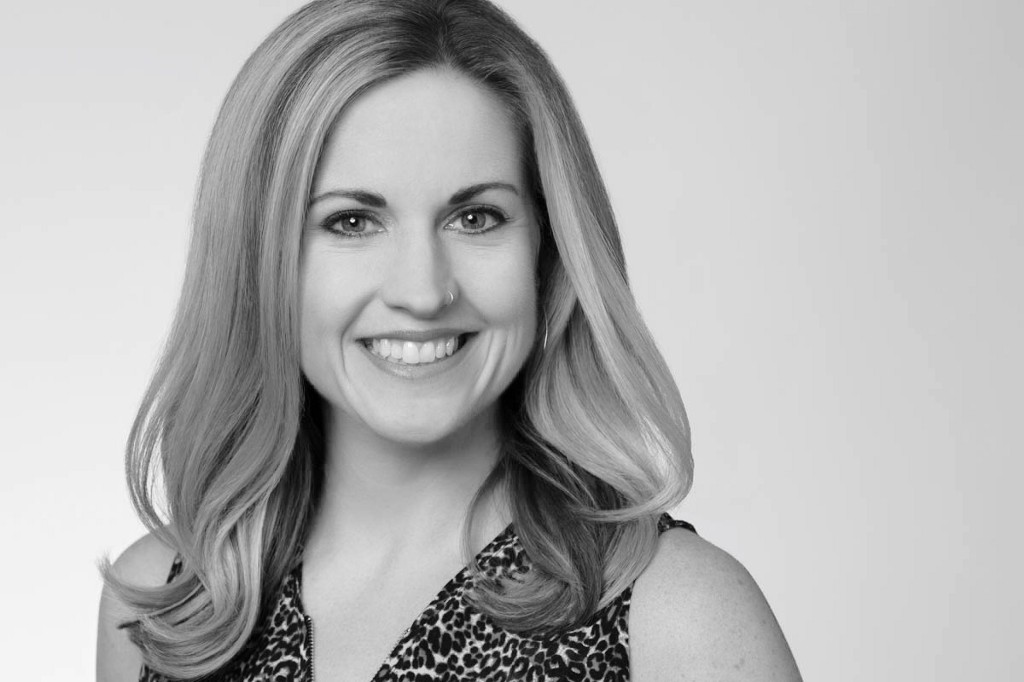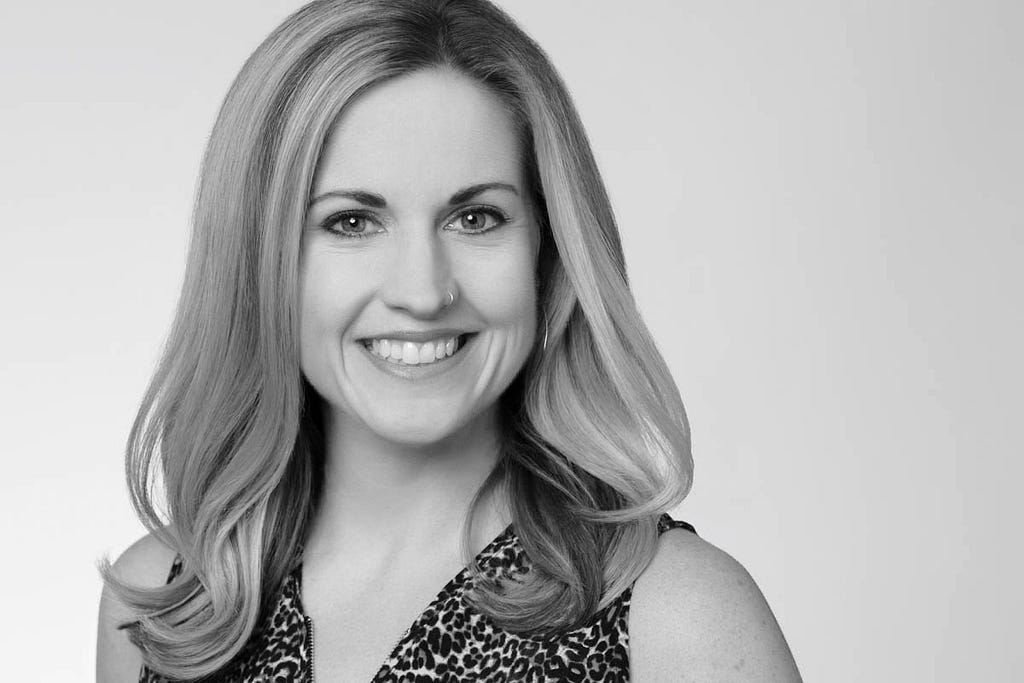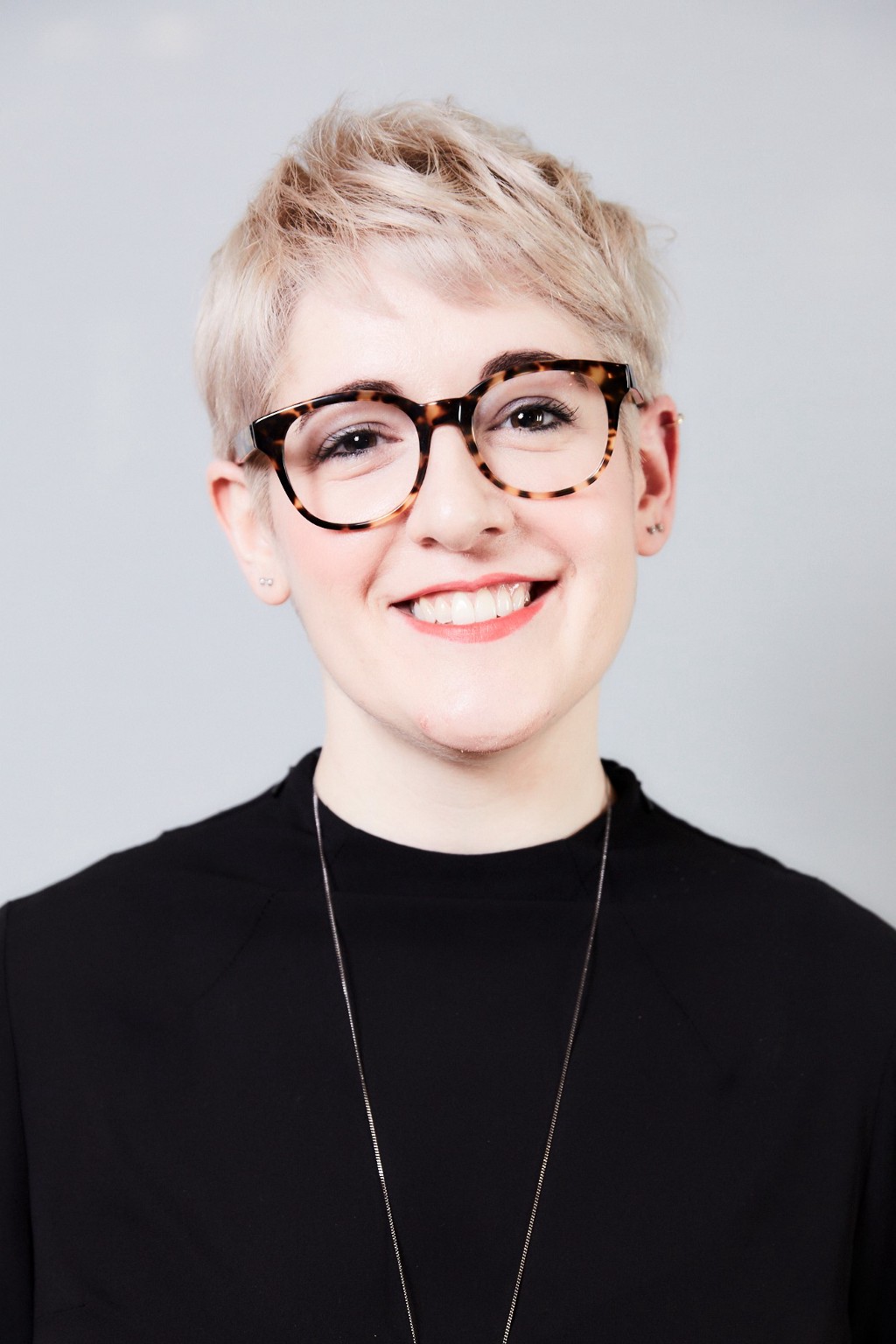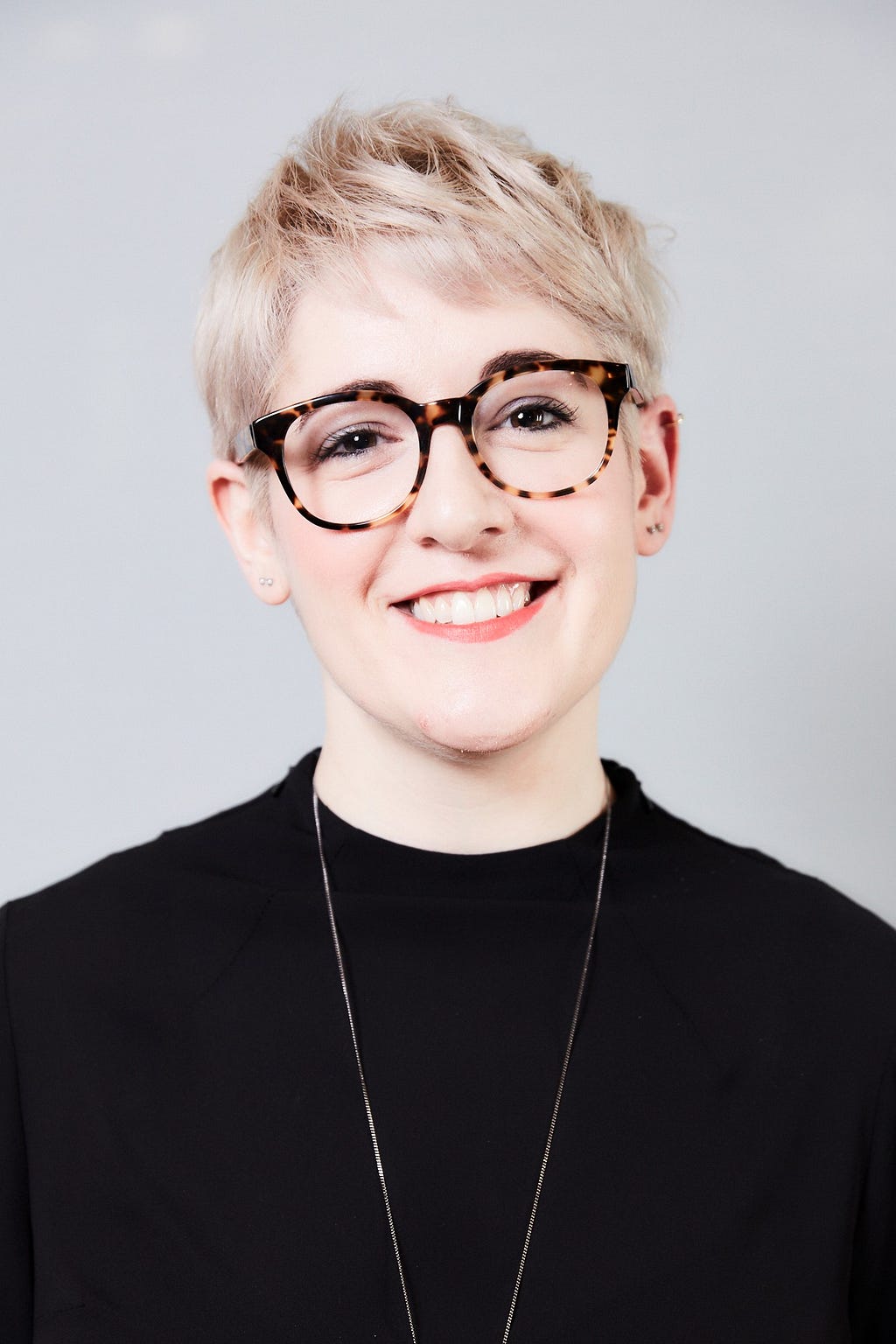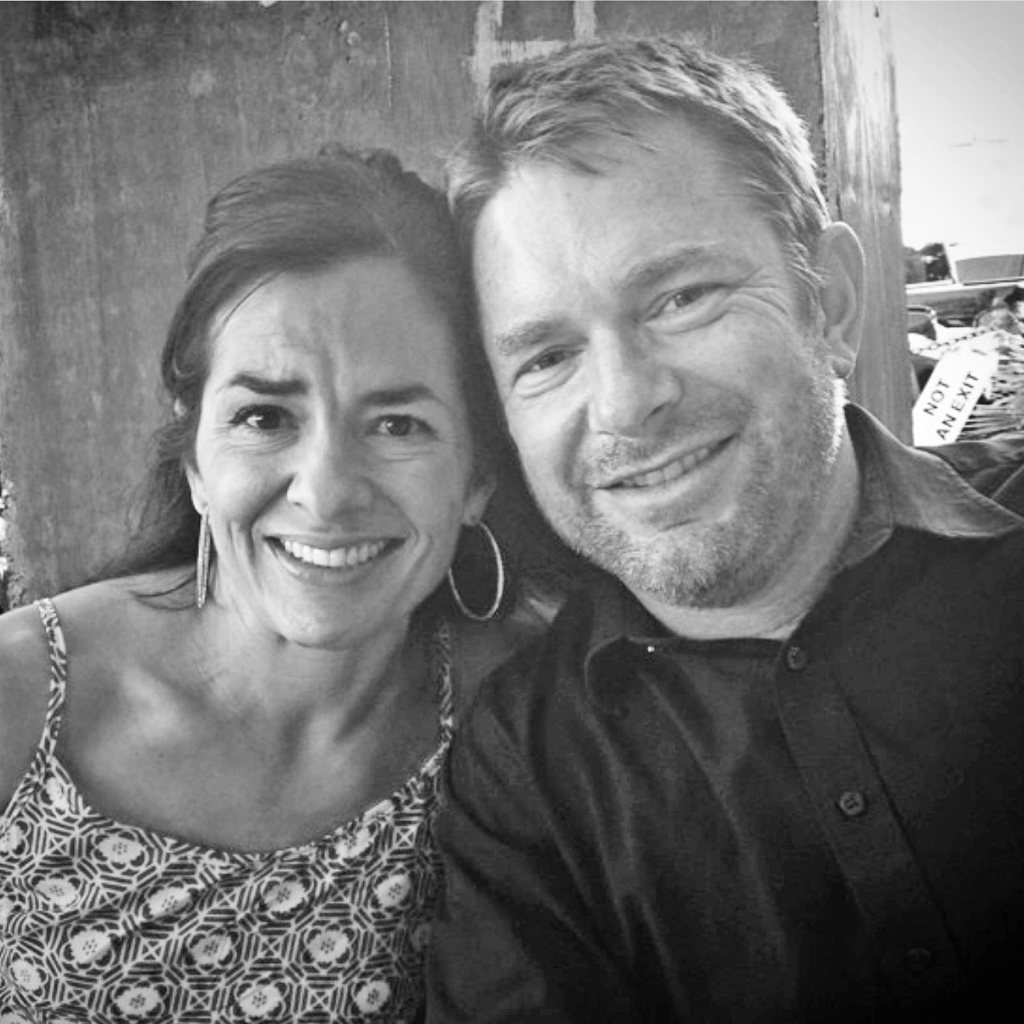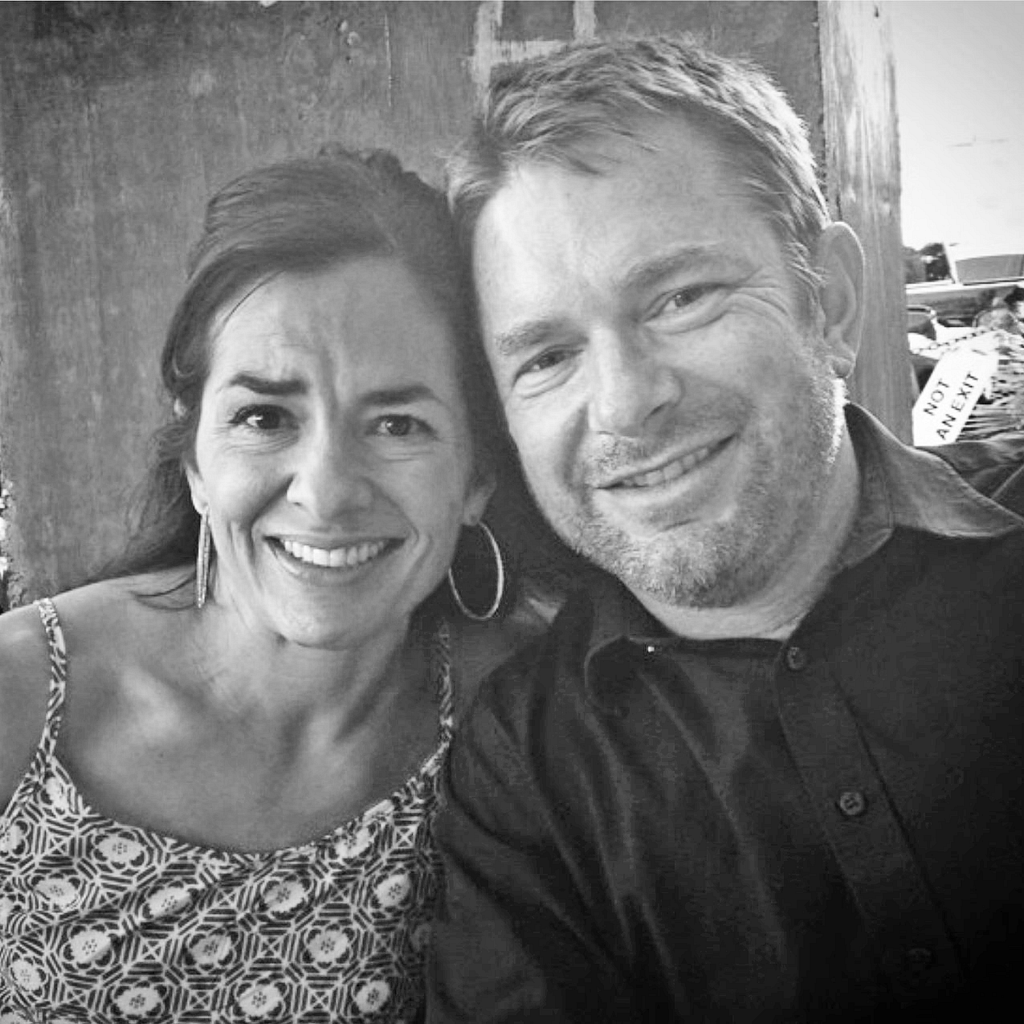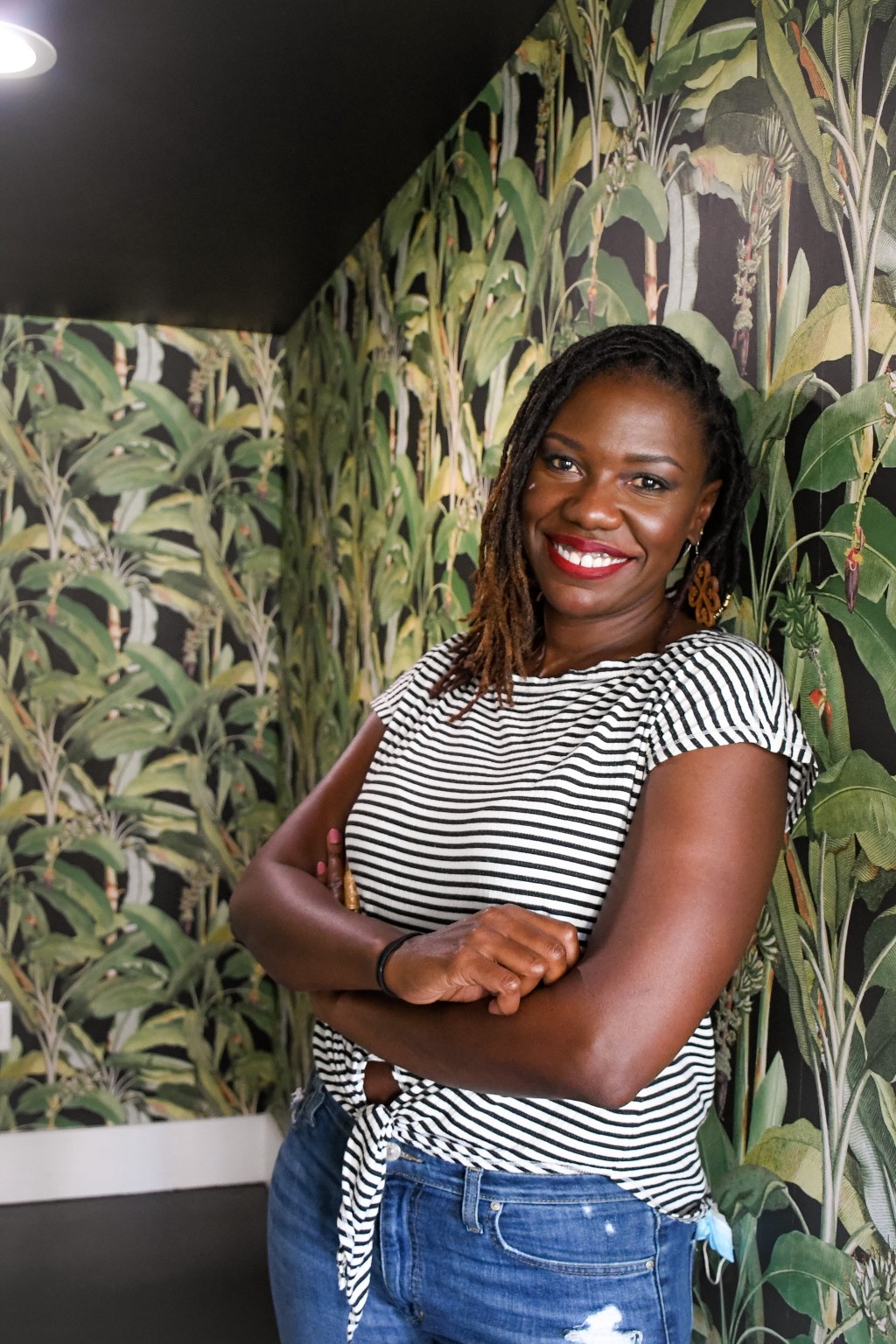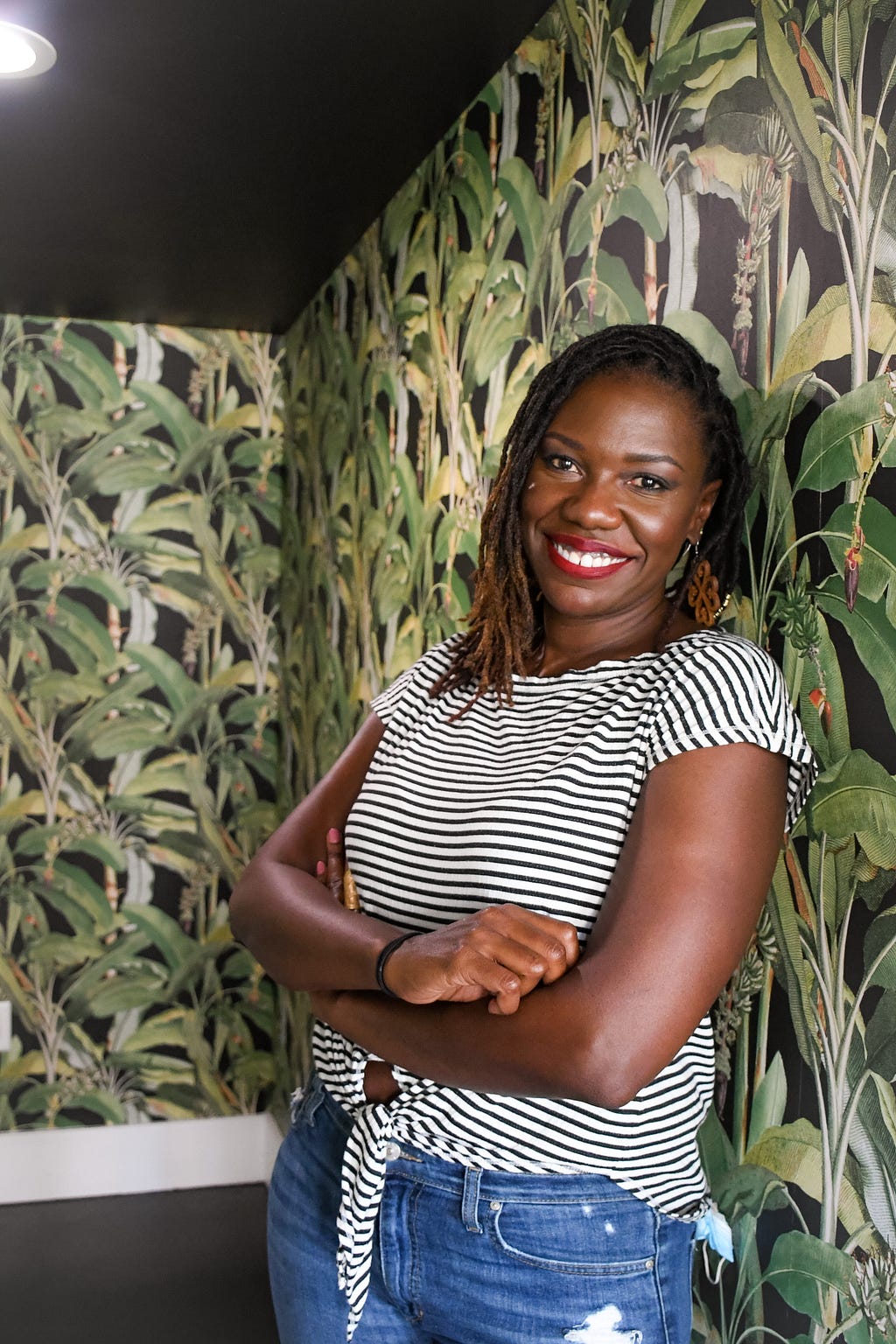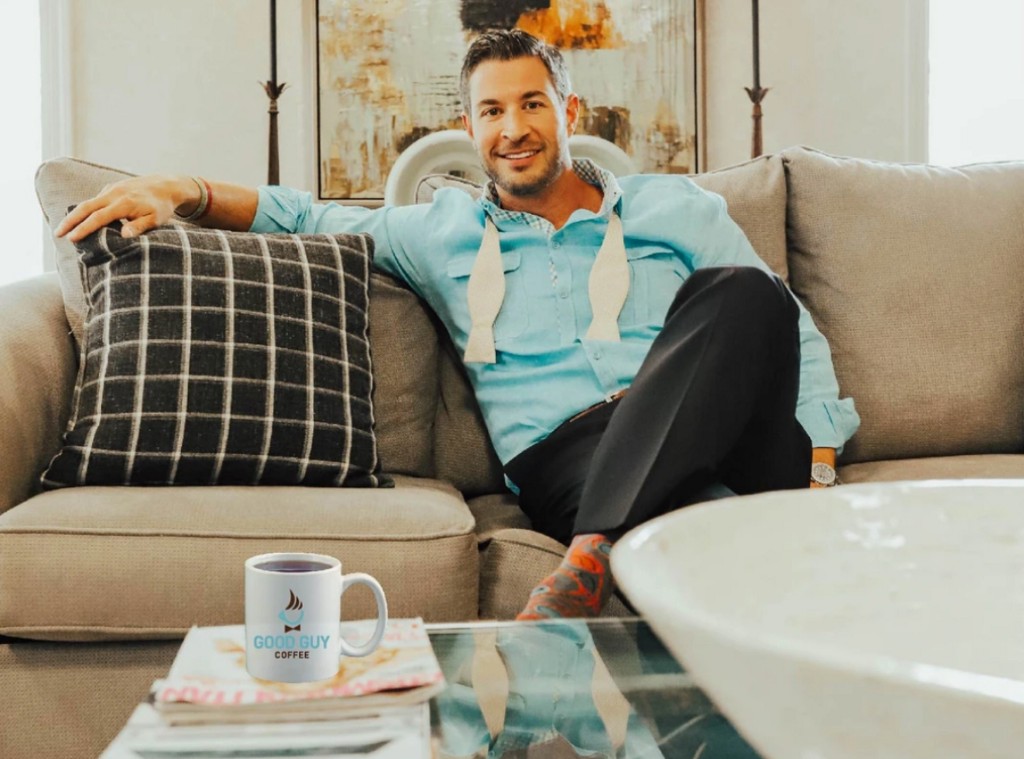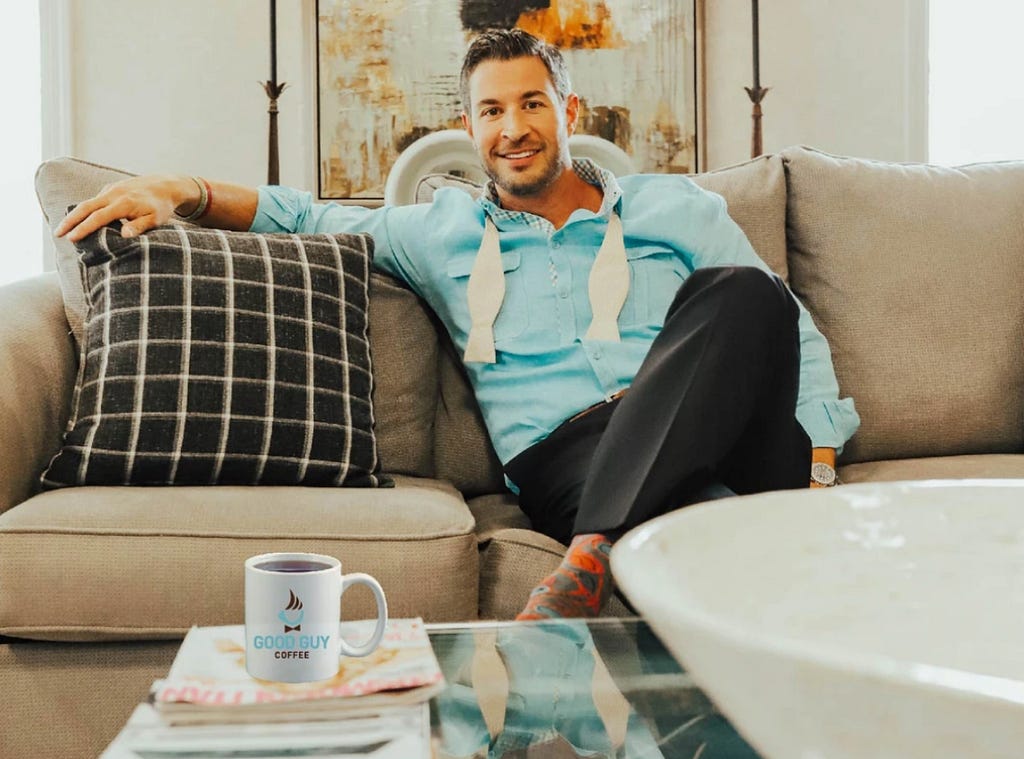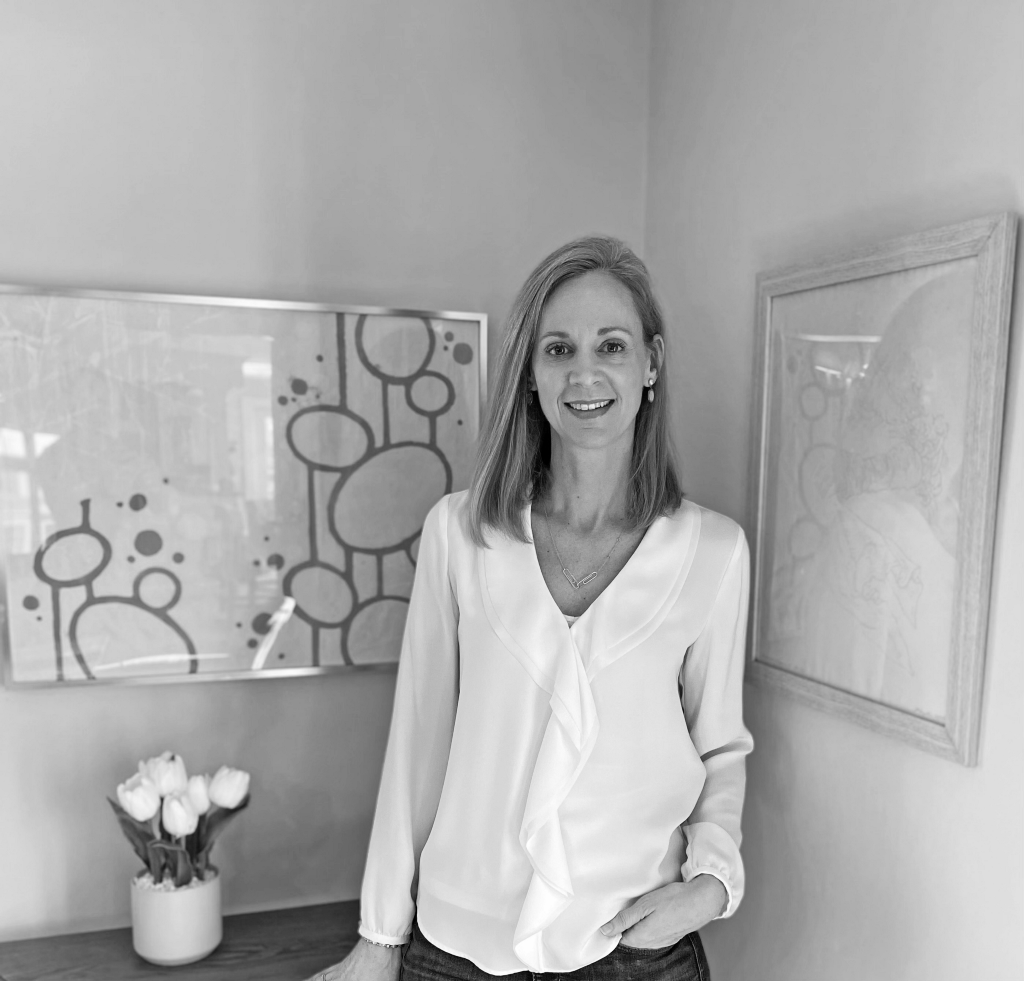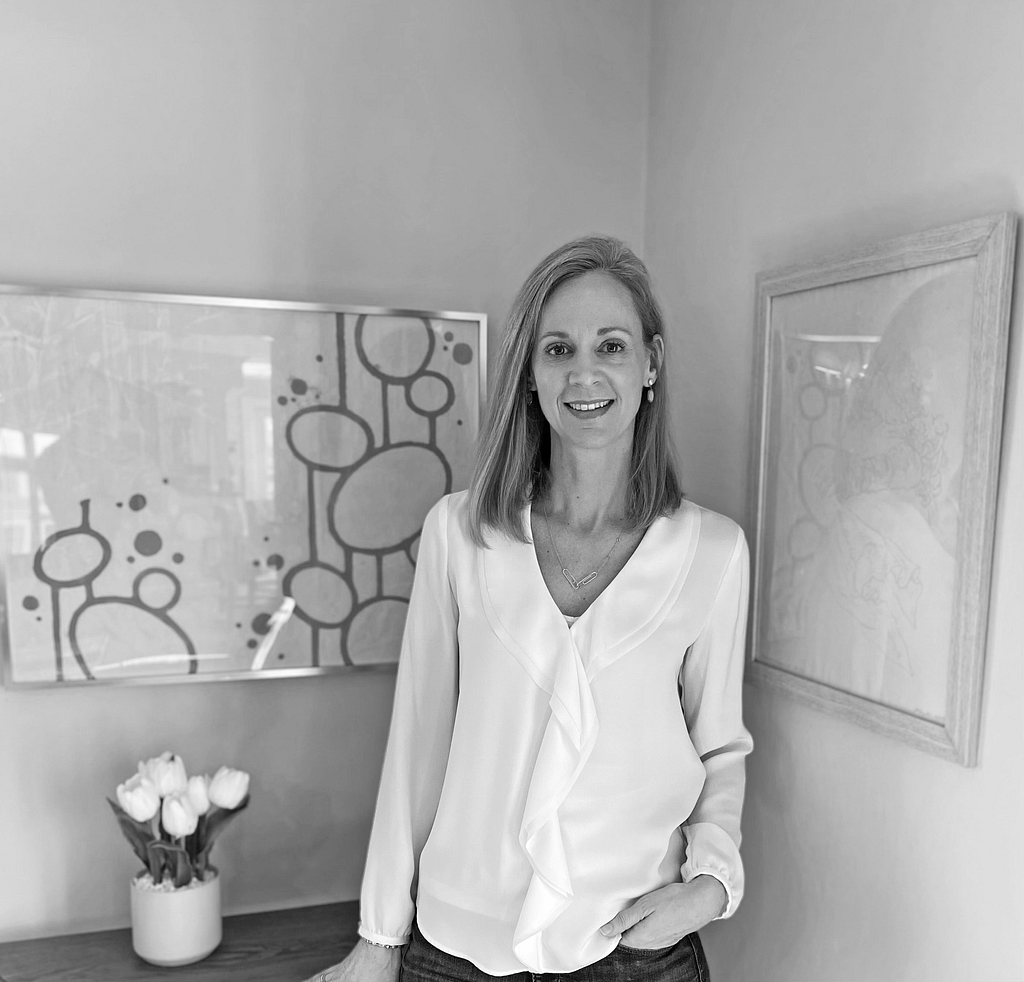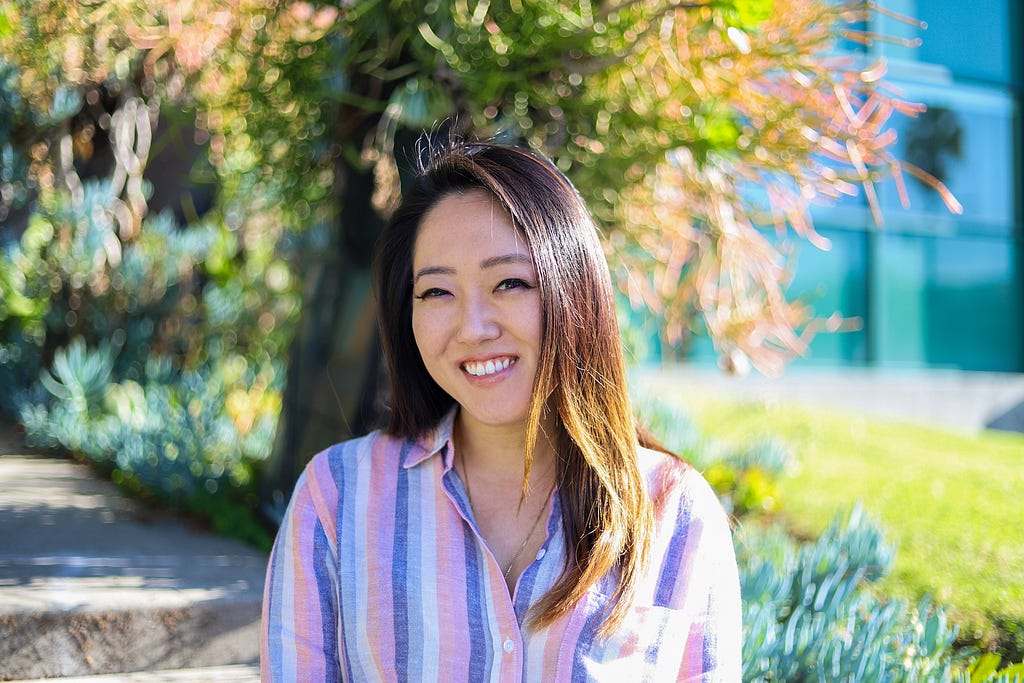
Focus on your own game. I say this a lot, especially when I play League. If you’re hung up on what your jungler is doing as a mid laner, you’re distracted from your own game. This leads to missing CS, TPing or roaming late, and ultimately not playing at your 100%. This applies to other facets of life, too. If you’re too concerned about what another colleague or department is doing, then you’re not 100% focused on your own job. Trust others to do their jobs, as that will make you the most productive.
As a part of our series about women who are shaking things up in their industry, I had the pleasure of interviewing Tricia Sugita.
Tricia Sugita is the CEO of FlyQuest. She started her career in esports, competing in and streaming StarCraft II, then interviewing and hosting major esports events, eventually becoming the Global Director of Esports at Azubu.tv. Tricia then joined Immortals and LA Valiant as the Head of Partnerships, securing major partnerships from AEG Worldwide and Omen by HP. At FlyQuest, Tricia uses her decade of industry experience to build a new kind of esports organization that reflects her core values of kindness, grace, and strength.
Thank you so much for doing this with us! Before we dig in, our readers would like to get to know you a bit more. Can you tell us a bit about your “backstory”? What led you to this particular career path?
Thank you so much for having me! I grew up with two older brothers and have been playing games since I can remember. I started competing professionally in Starcraft II over a decade ago and then branched out from being a competitive player to an interviewer and host at the major esports tournaments. I joined Azubu.tv in 2014 as the Global Director of Esports, which opened a whole new world of intriguing esports management. Azubu was a very successful stint; I negotiated multi-million-dollar contracts with broadcasting partners and increased web traffic to over 12 million unique monthly visitors. Three years later, I joined Immortals and LA Valiant as the Head of Partnerships, and then moved to FlyQuest as COO in 2019. I was promoted to CEO early last year and could not be happier to run this fantastic team.
Can you tell our readers what it is about the work you are doing that’s disruptive?
From the start, I knew FlyQuest had to have a clear vision. We’d spent so much time being defined by other brands, other entities, that there was this void when it came to our identity. Many of the world’s greatest companies began with a clear vision, and I wanted FlyQuest to be no different. I felt there was room in the esports and gaming space for an organization that leaned into gratitude, empathy, optimism, and inner strength, values that I personally hold dear.
To that end, I created and developed the company vision of “Showcase Greatness,” not only the belief that greatness already exists within everyone but also a call-to-action for FlyQuest to help people find and showcase it. We’re incredibly passionate about competitive success and support our teams with everything we’ve got. Additionally, “Showcase Greatness” allows FlyQuest to stand out from the esports pack because it allows us to define organizational success as more than just wins and losses. There are many areas we can showcase our greatness — environmental causes, building a community, anime, fan engagement — that aren’t limited to our results in professional League of Legends. Showcase Greatness applies to all our activities, programs, and pursuits.
Can you share a story about the funniest mistake you made when you were first starting? Can you tell us what lesson you learned from that?
When I streamed on Twitch.tv I used to host Bear Cups tournaments for the community. I hosted, casted, administered, and financed Bear Cups for Starcraft and League. I used to run them on the weekends because I had work during the week. Some days my stream ran for more than 16 hours, back-to-back on Saturday and Sunday. During one of the Bear Cups there was a break between matches, so I went to lay down and rest my eyes for a bit in another room. I ended up sleeping for hours, and my stream was on, only streaming an empty chair. My chair-only streams became a meme, and every time I would leave my seat for a short break during the stream, it’d be “Chairtime.” The chair became the star of my streams. While this event became a fun meme, I realized that I needed to take care of myself. I was doing too much. I had a full-time job, yet I streamed every day after work and ran Bear Cups on the weekends. I learned the importance of taking care of myself and balancing work. I limited the number of competitors in my Bear Cups, and the tournament became easier to manage. Most importantly, I received wonderful help from my stream mods and helpful volunteers from the community to manage Bear Cups. Shoutout to my Bearcubs!
We all need a little help along the journey. Who have been some of your mentors? Can you share a story about how they made an impact?
I had the opportunity to work for Jason Katz at Azubu. He is super-intelligent, and I learned a lot from him. While he’s known for being very tough, he told me that I could do anything I put my mind to, whether it be the CEO of a company, own my own company, or whatever I wanted to do. I am very grateful for his mentorship.
In today’s parlance, being disruptive is usually a positive adjective. But is disrupting always good? When do we say the converse, that a system or structure has ‘withstood the test of time’? Can you articulate to our readers when disrupting an industry is positive, and when disrupting an industry is ‘not so positive’? Can you share some examples of what you mean?
To me, being disruptive just means going against the norm. We are disruptive when we say our philosophy is “Showcase Greatness.” I believe that greatness exists within everyone, and I want to serve humanity and help others be happy. It is important to use your platform responsibly and find ways to help others. It’s very much a privilege that I am able to work towards my vision through FlyQuest.
Can you share 3 of the best words of advice you’ve gotten along your journey? Please give a story or example for each.
Focus on your own game. I say this a lot, especially when I play League. If you’re hung up on what your jungler is doing as a mid laner, you’re distracted from your own game. This leads to missing CS, TPing or roaming late, and ultimately not playing at your 100%. This applies to other facets of life, too. If you’re too concerned about what another colleague or department is doing, then you’re not 100% focused on your own job. Trust others to do their jobs, as that will make you the most productive.
You don’t ask, you don’t get. It’s essentially my mantra now and my advice to everyone. My older brothers would make me order my own ice cream and french fries from McDonald’s (I dip my fries in ice cream). I wasn’t even in elementary school yet, but my brothers told me that if I couldn’t order the food myself, I wouldn’t get it. I’m not afraid of rejection. If you ask and don’t get, at least you tried. No regrets.
You can only control what you can do, not what others do or say, so give it your all!
We are sure you aren’t done. How are you going to shake things up next?
My priority is to share our vision, so everyone knows that what we do has purpose and ties back to our vision.
One of the ways FlyQuest strives to showcase greatness is through environmental causes, called Go Green initiatives. We just announced our most recent quest for Spring Split 2021 — BeeQuest — and we challenged ourselves and family/friends to make a difference. This season’s quest highlights the essential role bees play in the planet’s ecosystems. Our BeeQuest initiative supports The Bee Conservancy, a non-profit organization dedicated to protecting the bees and their habitats.
Our quests are also going beyond environmental causes this year. In February 2021, we welcomed Joedat “Voyboy” Esfahani into the #FlyFam as a streamer under the FlyQuest banner. To showcase greatness together, we’ll raise awareness around social issues such as mental health, a passion point for Voyboy. He embodies the FlyQuest values of positivity, thoughtfulness, and generosity, and we look forward to shedding light on topics that are not always top of mind for the gaming industry. FlyQuest strives to pave a way forward for teams looking to establish their brand beyond a legacy of winning.
In your opinion, what are the biggest challenges faced by ‘women disruptors’ that aren’t typically faced by their male counterparts?
At FlyQuest, we believe that esports is for everyone. FlyQuest is continuously innovating and establishing a safe, wholesome community for everybody to participate in. I believe our diverse background gives us perspective that helps us identify and create opportunities that have not already existed in esports. Also, there are plenty of women at all levels that make a difference in esports. I think it is easy to characterize the industry as a male-dominated industry; however, you will see many of the management positions and avenues in organizations are staffed by women. The disruption is already happening, even if it’s done in ways that aren’t readily visible.
Do you have a book/podcast/talk that’s had a deep impact on your thinking? Can you share a story with us?
Michael Jordan, The Last Dance is awesome, and I highly recommend it. Often people only see the result. Jordan is the GOAT, but it came with a lot of sacrifices. It’s obviously impressive and extremely entertaining to watch him as a player, but I find his journey more fascinating. Understanding the time and dedication he invested to become the greatest makes me appreciate his success more. Being the best, working the hardest, achieving success — all of it takes a lot of discipline, determination, and talent. It’s definitely not easy to be the best, but these stories motivate me to do my best. There are many people, books, art, and more that inspire and humble me, but to name a few: Kobe Bryant’s Mamba Mentality, Outliers by Malcolm Gladwell, Start with Why by Simon Sinek, my Mommy, and more!
You are a person of great influence. If you could inspire a movement that would bring the most amount of good to the most amount of people, what would that be? You never know what your idea can trigger. 🙂
Showcase Greatness! Believe that greatness already exists within you and help others in their journey to find and showcase it. Greatness exists in all forms, and the sky’s the limit! As an esports organization, FlyQuest is dedicated to showcasing greatness competitively. Additionally, FlyQuest is showcasing greatness beyond winning. We launched our #GoGreen initiative to facilitate ways for us to address important environmental issues together. We’ve planted over 10,000 trees with #TreeQuest, became Champions of the Reef with #SeaQuest, and qualified for League of Legends World Championship. We continued to advocate that everyone can affect real change for our planet through #WorldsQuest. No one expected an esports organization to work on more than a winning brand. We’ve only dipped our toes in the space and will continue to build something that truly makes a difference.
Can you please give us your favorite “Life Lesson Quote”? Can you share how that was relevant to you in your life?
One of my favorites comes from Mokichi Okada, “Gratitude gives birth to gratitude and ingratitude creates more ingratitude,” and I try to embody this in everything I do. I also follow the quote by Dumbledore — “We must all face the choice between what is right and what is easy.” I always want to do what’s right, no matter how hard.
How can our readers follow you online?
You can follow me on Twitter and Instagram @megumixbear and on LinkedIn here. Learn more about the FlyQuest team on flyquest.gg and stay up to date with us on Twitch, Twitter, Instagram and Facebook.
This was very inspiring. Thank you so much for joining us!
Female Disruptors: Tricia Sugita of FlyQuest On The Three Things You Need To Shake Up Your Industry was originally published in Authority Magazine on Medium, where people are continuing the conversation by highlighting and responding to this story.


